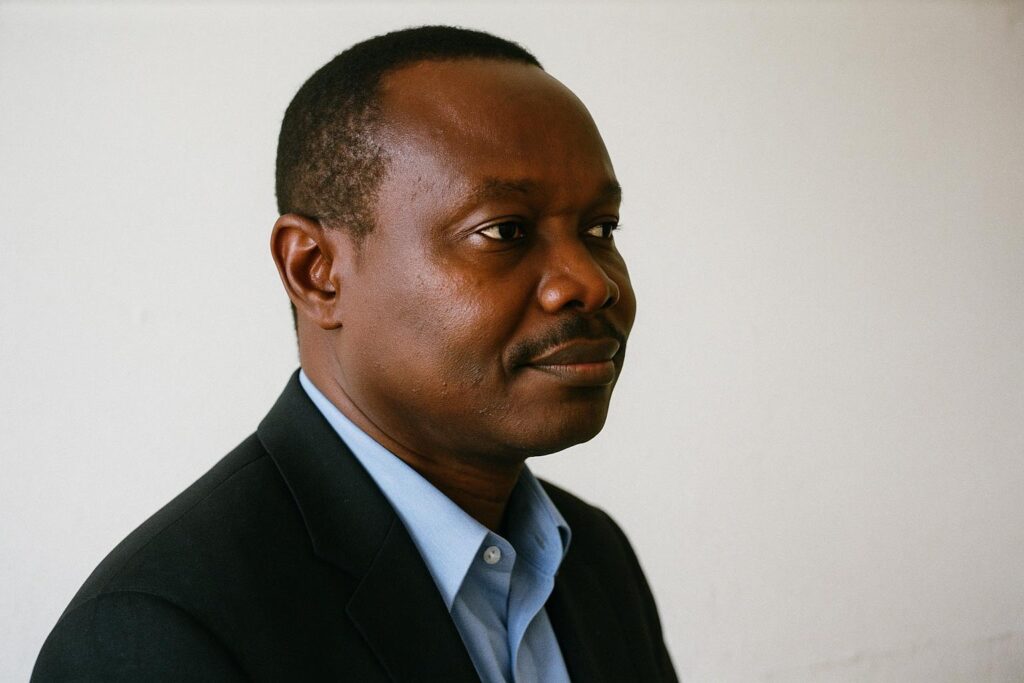A ticking clock in Juba
Inside Juba’s presidential compound, whispers thicken over succession as President Salva Kiir, 72, nears two decades in power. Diplomats speak of a “ticking clock” that could redefine South Sudan’s fate.
Few doubt his eventual departure; mortality is an equalizer. The real concern, officials concede, is the political vacuum that might follow hours after any sudden exit.
Fragile political architecture
South Sudan’s 2018 revitalised peace deal sketches a succession chain, naming the First Vice President as immediate caretaker. Yet the agreement remains paper-thin amid overlapping loyalties and stalled constitutional reforms.
Dr. Remember Miamingi, a governance analyst, warns, “Institutions exist largely in name; their capacity to manage sudden transition is dangerously shallow.”
Splintered security forces
The South Sudan People’s Defence Forces present a national flag on their uniforms, yet commanders often answer to ethnic constituencies sustained by patronage.
Kiir’s personal arbitration of promotions and oil-money stipends has, so far, contained rival generals. Military scholars liken the balance to a “spiderweb”: effective until the spider leaves.
Opposition dilemmas
Nominal opposition movements, from SPLM-IO to holdout groups in the bush, share antipathy toward Kiir but lack unified vision or command.
Many commanders, analysts note, view rebellion as leverage for inclusion in future oil-revenue bargains rather than as nation-building platforms.
Regional stakes in stability
South Sudan’s pipelines feed Port Sudan and bankroll Khartoum’s faltering economy; any shutdown would choke vital transit fees.
Uganda and Kenya fear refugee flows dwarfing previous crises, while Ethiopia eyes border security amid its own internal strains. IGAD diplomats privately sketch contingency maps.
Possible trajectories
Observers outline two broad scenarios. A sudden implosion could ignite street battles in Juba within hours, fracturing security commands along ethnic lines.
A slower erosion could see authority retreat to the capital as provinces slip into de facto autonomy, an Afghanistan-style mosaic of local fiefdoms.
Building resilience before the storm
Regional mediators propose fortifying the succession mechanism, accelerating security-sector unification, and broadening civic dialogue to include clergy, women’s networks, and youth leaders.
“The night will fall,” says a Dinka proverb. Whether morning follows, experts argue, depends on converting today’s uneasy calm into institutions that outlive personalities.


